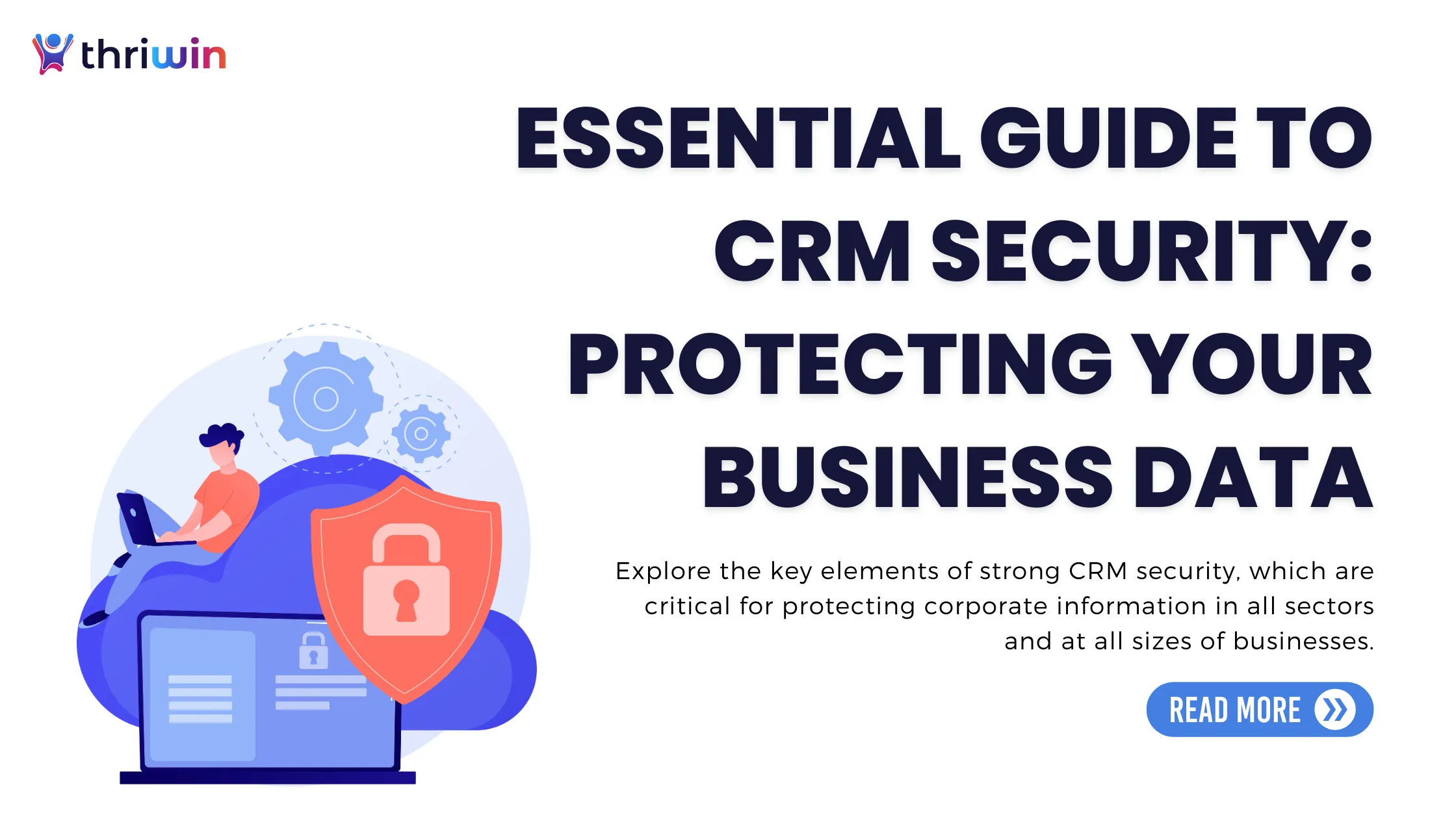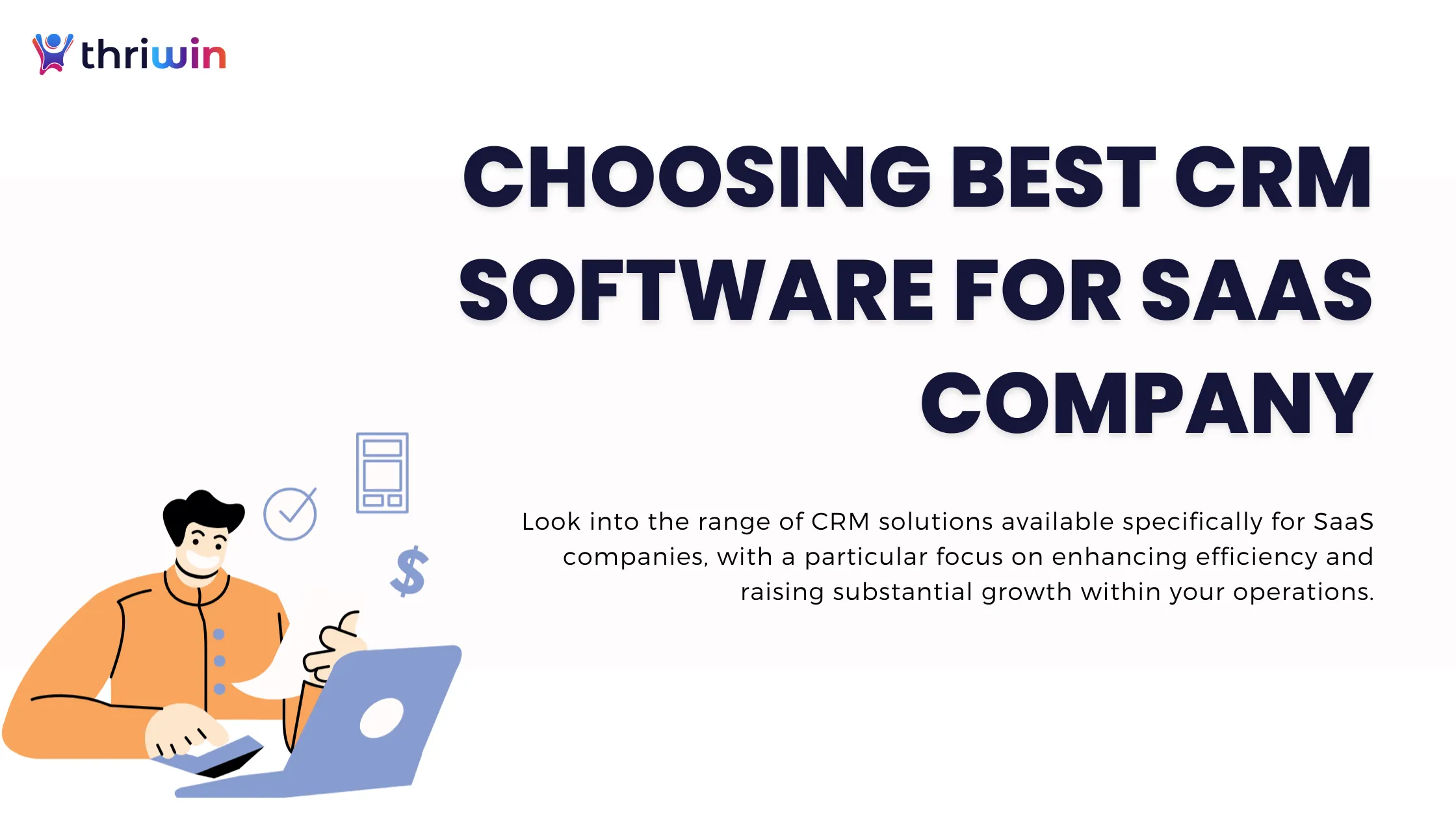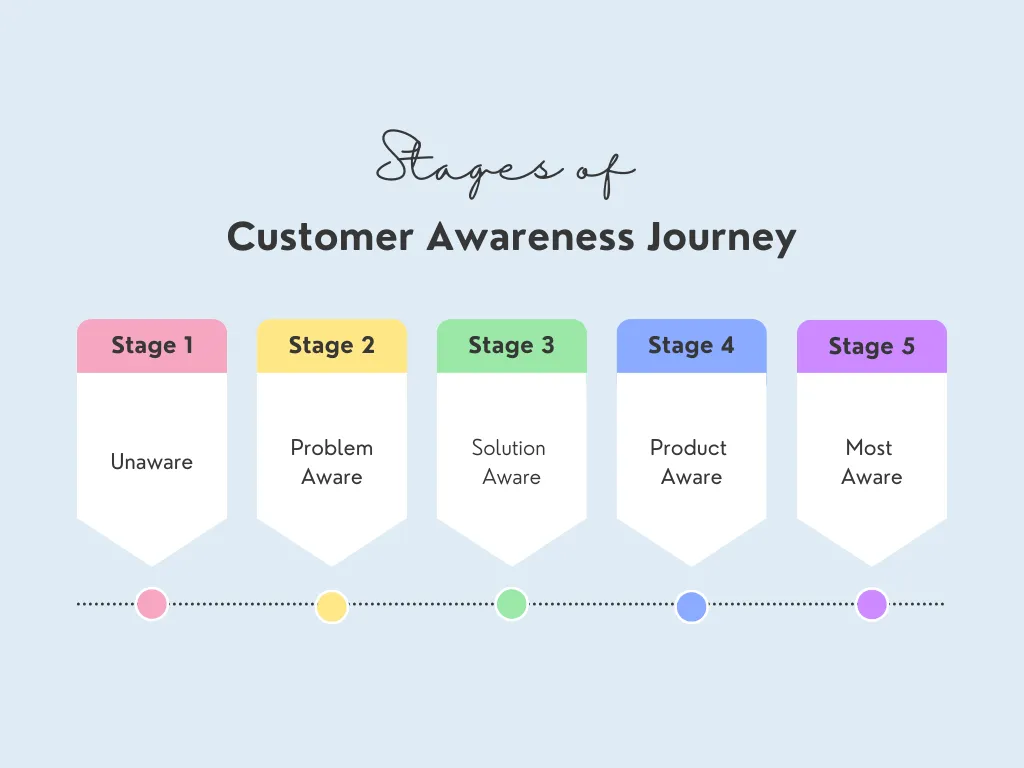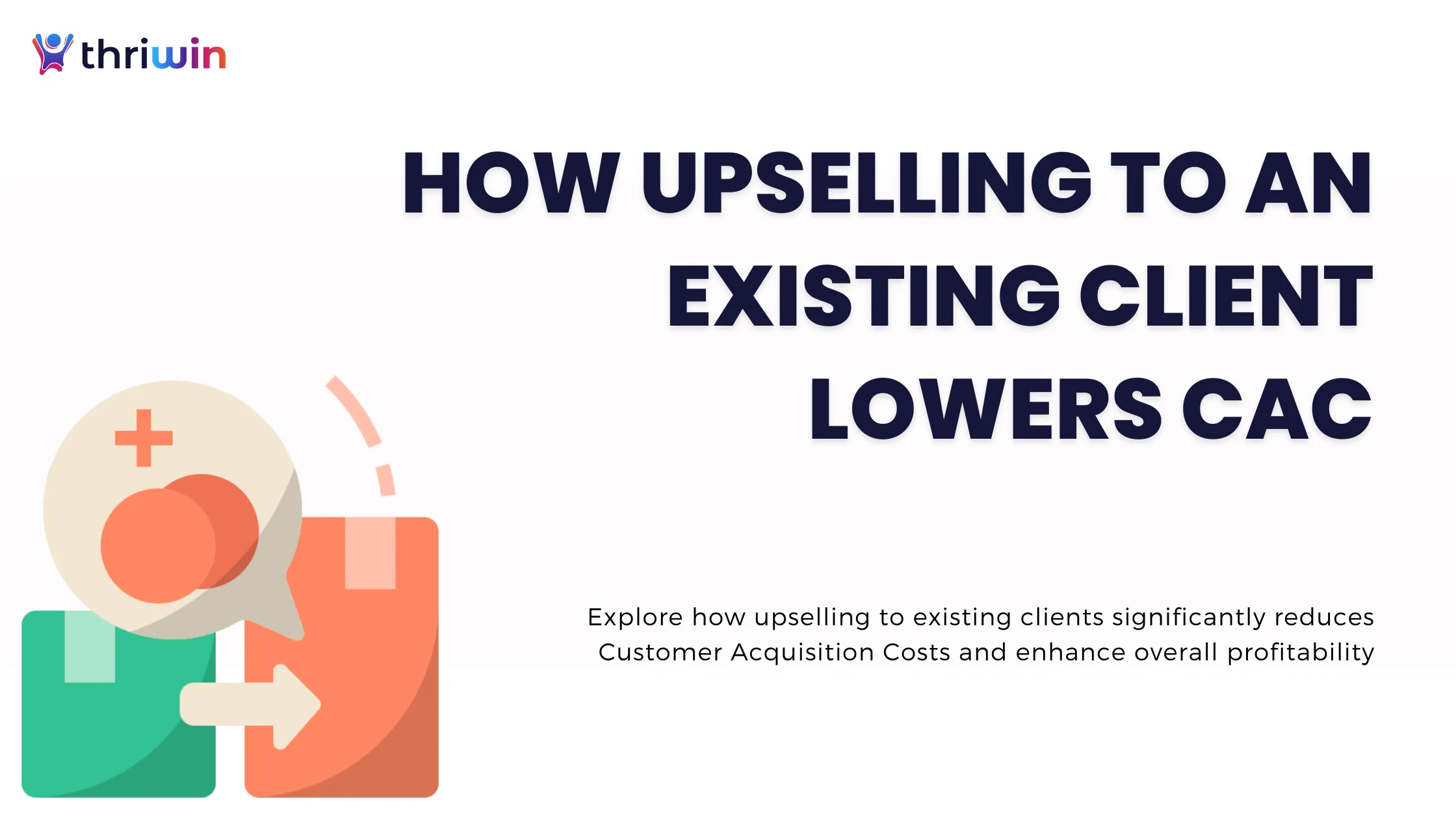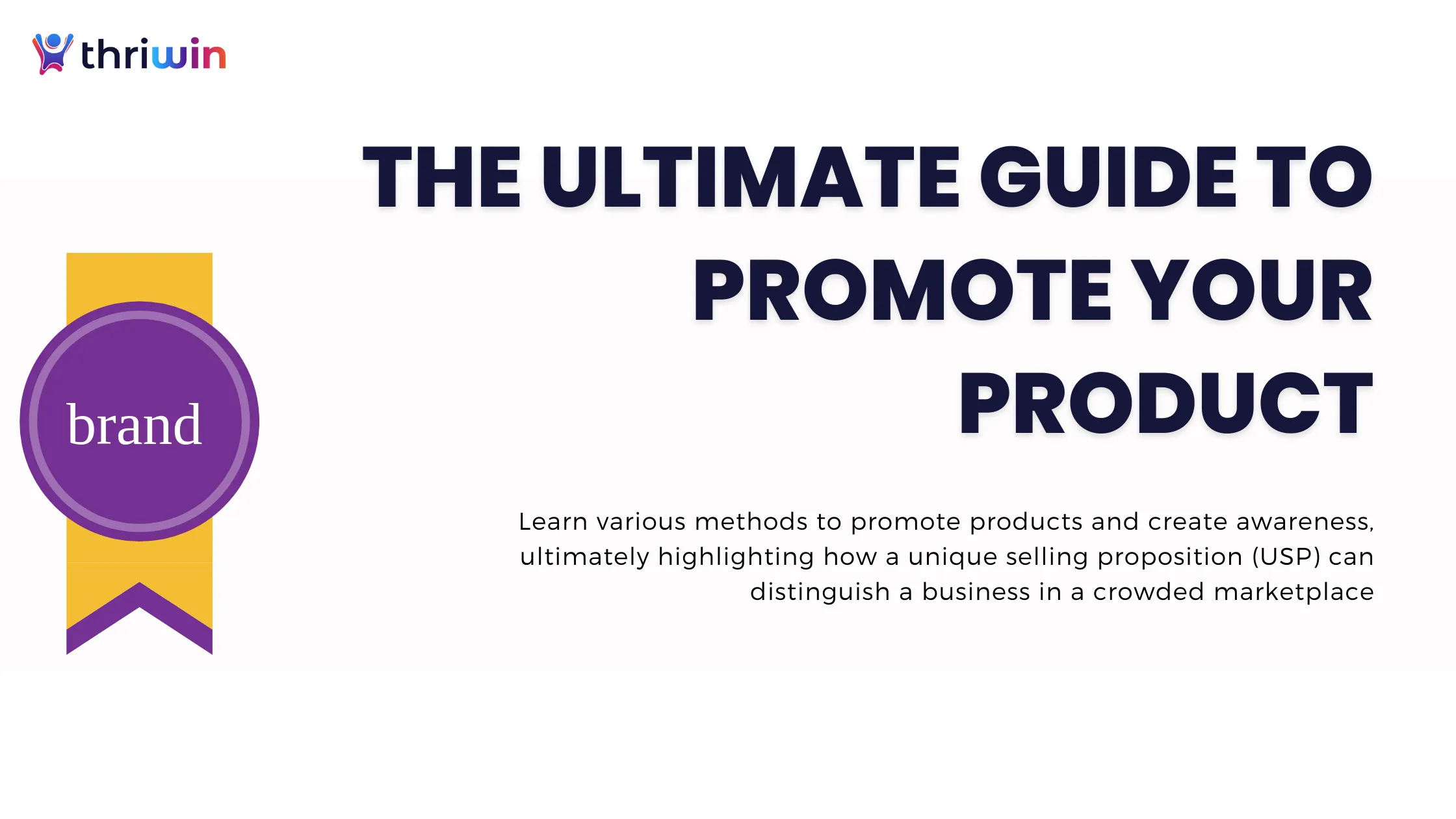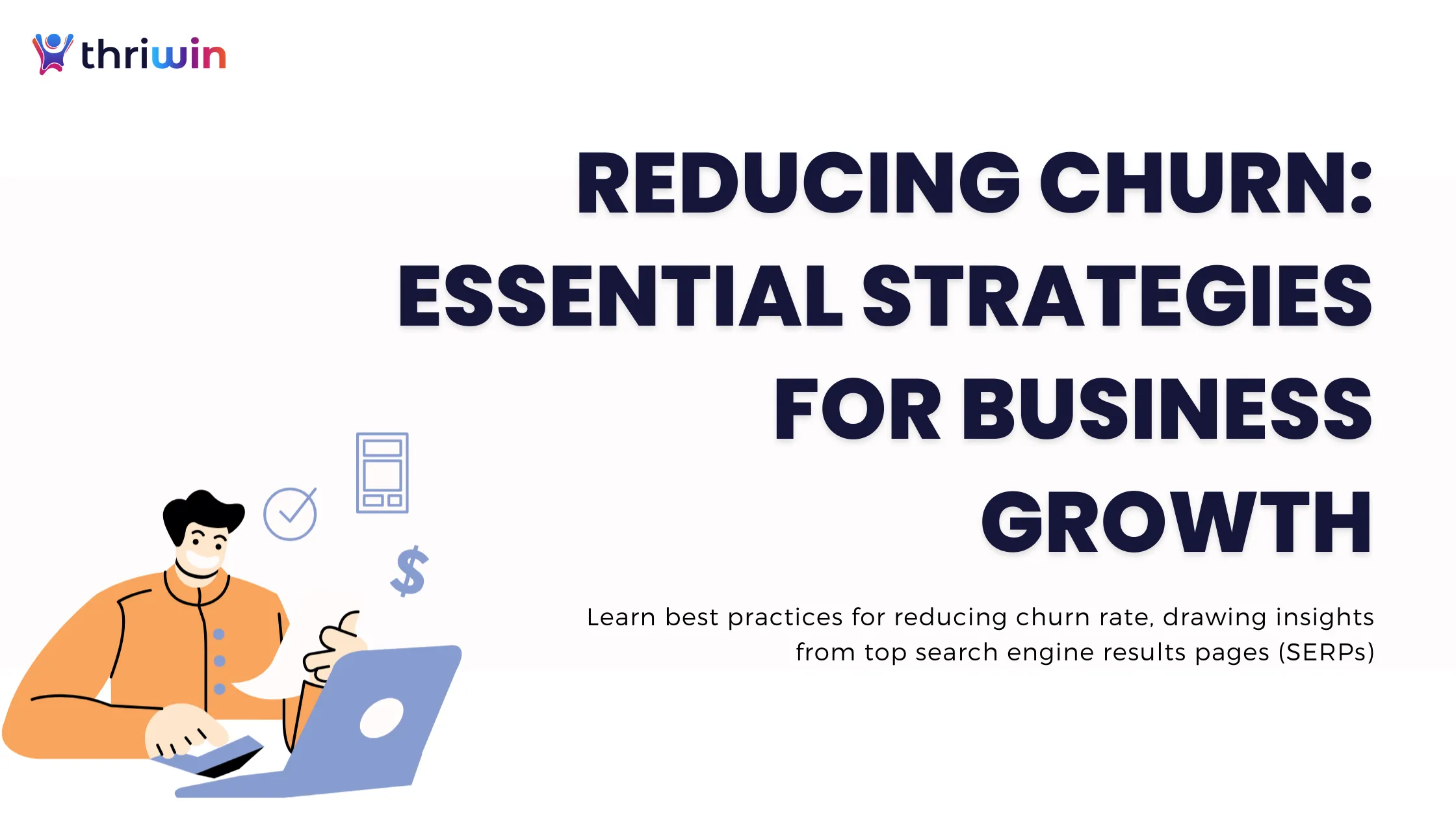Examine the essential components of CRM security to learn the best practices for managing and safeguarding your key sales data in a secure manner. Explore the essential elements that guarantee the security of your data and discover the best practices followed by the industry to keep your CRM system's security strong. The search will yield important information about protecting private customer information and maintaining the accuracy of your sales procedures.
Is Your Sales Data Secure in a CRM?
Data is now worth as much as money, thus protecting sales data in CRM systems is crucial for companies of all sizes, particularly startups and small to medium-sized businesses.The purpose of this essay is to examine the many aspects of CRM security. Its main objective is to clarify the significance of strong security protocols and the application of efficient techniques to protect confidential information. The article offers useful insights into how organizations can improve their data protection methods, ensuring that their sales information remains secure and able to defend against potential cyber threats, by looking at various security features and best practices.
Understanding CRM Security Features
The security elements of customer relationship management (CRM) include strong authentication techniques, role-based access controls, data encryption, audit trails, and IP limitations. Within CRM systems, these functions control user access and protect confidential client information.
Cloud-Based Security Measures
CRM systems that operate in the cloud, such as Thriwin, are equipped with extensive security measures. These include strong encryption methods and Virtual Private Clouds (VPC), both essential for guaranteeing your data's security and usability. These precautions not only safeguard data but also offer remote access flexibility, which is essential in the fast-paced business environments of today.
Encryption: The First Line of Defense
The primary defense defence technique in CRM systems is encryption, which protects data both during transmission and storage. Information is encoded during this process so that only individuals with the required decryption keys can access it. By doing this, it guarantees the confidentiality and integrity of sensitive data by keeping it hidden and safe from unwanted access.
User Authentication and Access Control
Improving CRM data security necessitates the adoption of strong user authentication techniques. In addition to confirming users' identities, methods such as role-based access control and biometric verification also govern who has access to critical data. By limiting unauthorized workers from accessing data and preventing security breaches, this multi-layered security method ensures that only authorized personnel can use the CRM system.
Why Is CRM Data Security So Important?
CRM data security is crucial for protecting sensitive customer information, maintaining the integrity of sales processes, and ensuring the overall health of a business. In today's digital landscape, where data breaches and cyber threats are increasingly common, robust CRM security measures are essential for safeguarding your business's most valuable asset—its data.
1. Protecting Customer Information
Protecting sensitive customer information is paramount in maintaining trust and credibility. Ensuring CRM security helps prevent unauthorized access and data breaches, safeguarding personal and financial data.
2. Maintaining Business Integrity
A secure CRM system ensures the integrity of business processes by protecting data from tampering or unauthorized modifications. This is critical for accurate reporting and decision-making.
3. Compliance with Data Protection Regulations
Compliance with data protection regulations such as GDPR, CCPA, and others is mandatory. CRM data security helps businesses adhere to these regulations, avoiding legal penalties and maintaining customer trust.
4. Preventing Financial Loss
Data breaches can result in significant financial losses due to fines, legal fees, and damage to reputation. Strong CRM security measures help mitigate these risks and protect the financial health of the business.
5. Enhancing Customer Trust
Customers are more likely to do business with companies that prioritize data security. By implementing robust CRM security practices, businesses can enhance customer trust and loyalty.
6. Ensuring Business Continuity
In the event of a cyber attack or data breach, having strong CRM security and backup strategies ensures that business operations can continue with minimal disruption, protecting against data loss and downtime.
7. Improving Operational Efficiency
Secure CRM systems streamline operations by ensuring that only authorized personnel have access to specific data, reducing the risk of internal breaches and improving overall operational efficiency.
Best Practices for CRM Data Privacy and Security
Maintaining your CRM data safe is similar to building a virtual fortress. You can keep everything under covers with routine inspections, protection of the important documents, and data ethics training for your staff. It's mental peace as well as excellent practice.
Regular Security Audits and Risk Assessments
Actively addressing CRM security involves routinely carrying out security audits and risk assessments. These audits help in pinpointing potential vulnerabilities within the system, enabling businesses to reinforce their defenses against possible breaches. Businesses may significantly reduce the danger of illegal access and data leakage by locating and fixing these weak points, preserving a strong and secure CRM system.
Training and Awareness for Team Members
One of the most important things you can do to create a secure CRM environment is to teach team members about data management and security procedures. Ensuring that all staff are trained on the appropriate protocols and practices for managing sensitive data is a guarantee. This training improves the organization's overall security posture by enabling team members to identify and effectively address security threats in addition to helping to prevent unintentional data breaches.
Consistent Data Backup Strategies
To protect against data loss in the event of system failures or breaches, a consistent backup plan must be put in place. Frequent backups provide the speedy restoration of vital data, ensuring data integrity and business continuity. This process is crucial to disaster recovery planning because it ensures that businesses can continue operating with the least amount of disruption possible, acting as a safety net in the event that data is corrupted or lost.
Implementing Role-Based Access Control
Role-based access control (RBAC) is essential for ensuring that only authorized personnel have access to specific data within the CRM system. By defining roles and assigning access permissions based on job responsibilities, businesses can prevent unauthorized access and reduce the risk of data breaches.
Utilizing Multi-Factor Authentication
Implementing multi-factor authentication (MFA) adds an extra layer of security to CRM systems. By requiring users to provide two or more verification methods before accessing the system, businesses can significantly reduce the risk of unauthorized access and enhance overall data security.
Monitoring and Logging Activities
Continuous monitoring and logging of user activities within the CRM system are crucial for detecting and responding to potential security threats. By maintaining detailed logs of all actions and regularly reviewing them, businesses can identify unusual or suspicious behavior and take appropriate action to mitigate risks.
Establishing Incident Response Plans
Having a well-defined incident response plan is vital for effectively managing and responding to security breaches. This plan should outline the steps to be taken in the event of a data breach, including communication protocols, containment strategies, and recovery procedures, ensuring that businesses can quickly and efficiently address security incidents.
Ensuring Compliance with Regulations
Compliance with relevant data protection regulations and standards is essential for maintaining CRM security. Businesses should stay updated on the latest regulatory requirements, such as GDPR or CCPA, and ensure that their CRM systems and data handling practices are aligned with these standards to avoid legal repercussions and maintain customer trust.
Addressing Common CRM Security Concerns
When it comes to CRM systems, retaining strong safety is essential to winning over users and safeguarding data integrity. Since these systems frequently handle sensitive consumer data, it is not only technically necessary but also a crucial business obligation to address typical security risks.
- Protection Against Cyber Attacks
It is imperative to employ improved security measures in light of the growing threat of cyberattacks. Utilizing firewalls and antivirus software forms a critical defense line, shielding CRM data from malicious attacks and unauthorized access. These tools actively monitor and block potential threats, ensuring that sensitive data within the CRM remains secure from evolving cyber risks.
2. Choosing a Reliable CRM Vendor
It's critical to choose a CRM provider with a solid security track record. A reputable supplier, like Thriwin guarantees data safety and provides strong security measures. Making this decision is critical since the vendor's security policy directly affects the protection of your data. In addition to delivering reliable and secure data storage options, a reputable supplier also makes sure that all applicable data protection laws are followed, giving customers peace of mind.
3. The Role of Strong Password Policies
Improving CRM security requires the use of two-factor authentication (2FA) and strong password restrictions. Strong passwords serve as the first line of defense against unwanted access since they combine complexity and uniqueness. By requiring a second form of verification, such as a mobile device or email confirmation, adding 2FA adds an extra layer of protection. By a dual-layered strategy, the likelihood of security breaches is greatly decreased, and access to the CRM system is closely regulated and tracked.
4. Implementing Role-Based Access Control
Role-based access control (RBAC) is essential for ensuring that only authorized personnel have access to specific data within the CRM system. By defining roles and assigning access permissions based on job responsibilities, businesses can prevent unauthorized access and reduce the risk of data breaches.
5. Utilizing Multi-Factor Authentication
Implementing multi-factor authentication (MFA) adds an extra layer of security to CRM systems. By requiring users to provide two or more verification methods before accessing the system, businesses can significantly reduce the risk of unauthorised access and enhance overall data security.
6. Monitoring and Logging Activities
Continuous monitoring and logging of user activities within the CRM system are crucial for detecting and responding to potential security threats. By maintaining detailed logs of all actions and regularly reviewing them, businesses can identify unusual or suspicious activity and take steps to reduce risks.
7. Establishing Incident Response Plans
Having a well-defined incident response plan is vital for effectively managing and responding to security breaches. This plan should outline the steps to be taken in the event of a data breach, including communication protocols, containment strategies, and recovery procedures, ensuring that businesses can quickly and efficiently address security incidents.
8. Ensuring Compliance with Regulations
Compliance with relevant data protection regulations and standards is essential for maintaining CRM security. Businesses should stay updated on the latest regulatory requirements, such as GDPR or CCPA, and ensure that their CRM systems and data handling practices are aligned with these standards to avoid legal repercussions and maintain customer trust.
Why Choose Thriwin for Your CRM Security Needs
CRM security is essential for protecting sensitive customer information, maintaining data integrity, and ensuring compliance with data protection regulations. For businesses, particularly small and medium businesses and startups, a secure CRM system is crucial for safeguarding valuable sales data and fostering growth. Thriwin's unique pay-per-use CRM model addresses these needs by offering robust security features that are continuously updated to counter evolving cyber threats. Designed with the specific requirements of aggressive growth companies in mind, Thriwin not only provides flexibility and affordability but also ensures comprehensive support with free onboarding and customization to suit your business needs. By choosing Thriwin, you can activate your sales channels in just a few days, start growing your revenue quickly, and benefit from a CRM system that truly prioritizes your data security and business success. Visit Thriwin to learn more.
FAQs
1. What are the essential components of CRM security?
The essential components of CRM security include strong authentication techniques, role-based access controls, data encryption, audit trails, IP limitations, and regular security audits.
2. How can businesses ensure CRM data security?
Businesses can ensure CRM data security by implementing robust user authentication, utilizing encryption for data protection, conducting regular security audits, and training employees on data management and security protocols.
3. What are CRM security policies?
CRM security policies are guidelines and protocols established to protect customer data within a CRM system. These policies typically cover aspects such as user access control, data encryption, regular security assessments, and incident response plans.
4. Why is encryption important in CRM software?
Encryption is crucial in CRM software as it protects sensitive data during transmission and storage, ensuring that only authorized individuals with the correct decryption keys can access the information, thus maintaining data confidentiality and integrity.
5. What are the security requirements for a secure CRM system?
Security requirements for a secure CRM system include implementing strong password policies, using two-factor authentication (2FA), ensuring regular software updates, conducting frequent security audits, and employing firewalls and antivirus software to guard against cyber threats.
%201.svg)


